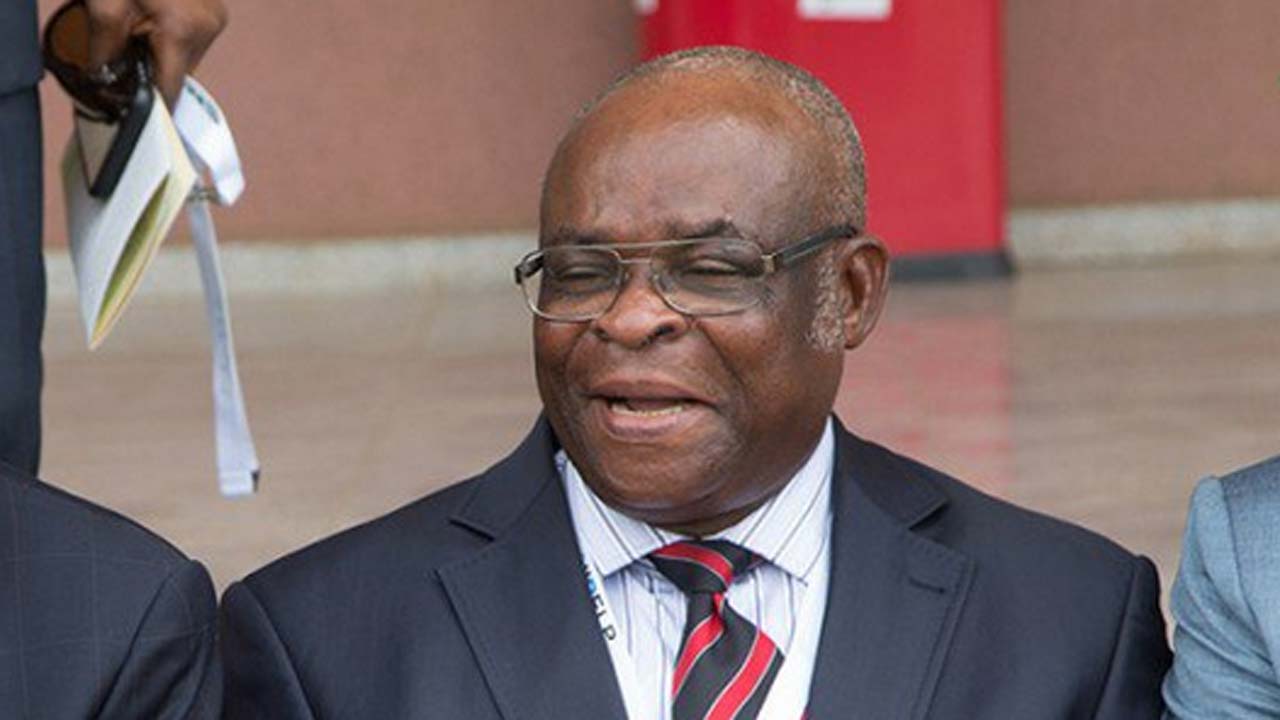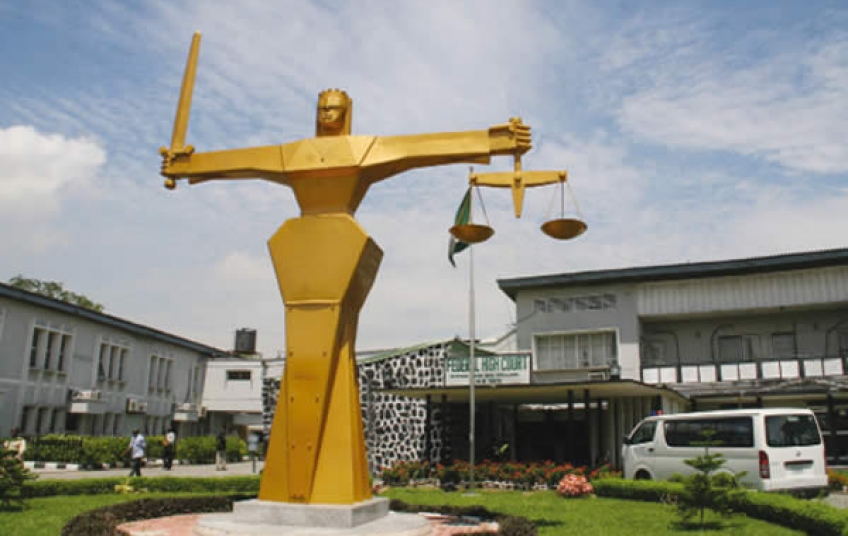CCT TRIAL: My Asset Declaration Forms Tampered With – Onnoghen
Suspended Chief Justice of Nigeria, CJN, Justice Walter Onnoghen Monday told the Code of Conduct Tribunal, CCT, sitting in Abuja that his asset declaration forms submitted to the Code of Conduct Bureau, CCB, were tampered with.
Onnoghen insisted at his resumed trial that the Form 001 he filled in 2014 and 2015, were no longer the way he submitted them, to the CCB, querying why the hitherto bound documents appeared “in loose form” before the tribunal, alleging that it was tampered with, with some of the pages missing.
Earlier, a senior investigative officer at the Code of Conduct Bureau, CCB, Mr. James Akpala, Monday, admitted that the charge against Onnoghen was filed before his team concluded investigation on the allegation that he falsely declared his assets.
Akpala, the star prosecution witness, PW-1, testified before the CCT, where the embattled CJN is answering to a six-count charge that preferred against him by the Federal Government.
Aside allegation that he failed to declare his assets as prescribed by the law, the Federal Government had in the charge, alleged that Onnoghen operated five foreign bank accounts, contrary to Section 15(2) of Code of Conduct Bureau and Tribunal Act.
The Federal Government had insisted that it was the CCB that okayed Onnoghen’s trial based on certain infractions discovered in his asset declaration forms.
The Mr. Dalandi Umar-led tribunal had in a bench ruling on March 11, granted FG the nod to call witnesses and tender evidence against the defendant, who was suspended from office by President Muhammadu Buhari on January 25.
At the resumed proceedings Monday, the prosecution presented Mr. Akpala as its first witness. Led in evidence by FG’s lawyer, Mr. Aliyu Umar, SAN, the PW-1, told the tribunal that he was a member of a three-man team of investigators that uncovered alleged infractions in asset declaration forms the defendant submitted before the CCB. The witness tendered in evidence six sets of documents that included a copy of the petition he said led to Onnoghen’s trial, as well as his bank account details.
The FG equally tendered through him, two asset declaration forms the suspended CJN submitted in 2014 and 2015.
The petition dated January 7, 2019, which was sent to the CCB by a civil society group under the aegis of Anti-Corruption and Research-Based Data Initiative, was admitted in evidence as Exhibit 1. My forms tampered with, by Onnoghen Meanwhile, before the asset declaration forms were admitted, Onnoghen, through his lawyer, Chief Adegboyega Awomolo, SAN, alleged that it was tampered with.
Awomolo said he would raise his client’s objection to the admissibility of the documents, in his final written address.
“We have some reservation on the documents’ we will not object in the interest of justice but we have reservations that would be addressed at the end of the day,” he added.
In his evidence-in-chief, the witness told the tribunal that the petition was handed to his team for investigation by his superior at the CCB, Mr. Samuel Madojemu, on January 9.
“The petition was authored by Chief Dennis Aghanya of the Anti-Corruption and Research-Based Data Initiative, alleging breach of Code of Conduct for Public Officers, including non-declaration of assets and false declaration of assets, against Justice Onnoghen, the CJN.
“Thereafter, the team wrote to the Federal Political Officers Unit (of the Bureau), Asokoro, requesting the defendant’s asset declarations forms received from 2000 to 2009.
“The department responded. The two asset declaration forms were examined and filed in the case file,” the witness stated. No idea where forms were kept
The witness told the tribunal that he was not aware that the CCB had a central register where asset declaration forms submitted to it by public officers are kept.
He said he also had no idea of the number of asset declaration forms the Bureau issued from 1993 to 2019.
The PW-1 maintained that the constitution mandated every public officer to go to the nearest office of the CCB to declare their assets. Responding to further questions, the witness said: “I have never worked in the department where asset declaration forms are issued to public officers. I have never worked in the department where the forms are verified.”
He said the petition was delivered to the CCB on January 9 and forwarded to his team on January 10.
“We requested for records of his accounts from the bank on January 11.”
Asked if he would be surprised to know that the charge against Onnoghen was filed on January 10, including the list of witnesses, the PW-1 said: “I cannot answer that question.”
When he was shown a copy of the charge and the day it was filed, the witness said: “As at January 10, we had not taken the statement of the defendant. We concluded our assignment on January 11.”
At that juncture, Onnoghen’s lawyer asked him: “So Mr. Akpala, will I be correct to say that within 24 hours that the petition was received, investigation was concluded and an order secured from the tribunal to prefer charges against the defendant?”
The witness replied: “Yes, that is correct. We requested for documents and they were forwarded to us, which we examined. Based on examination we conducted on the documents, the charge was filed.”





